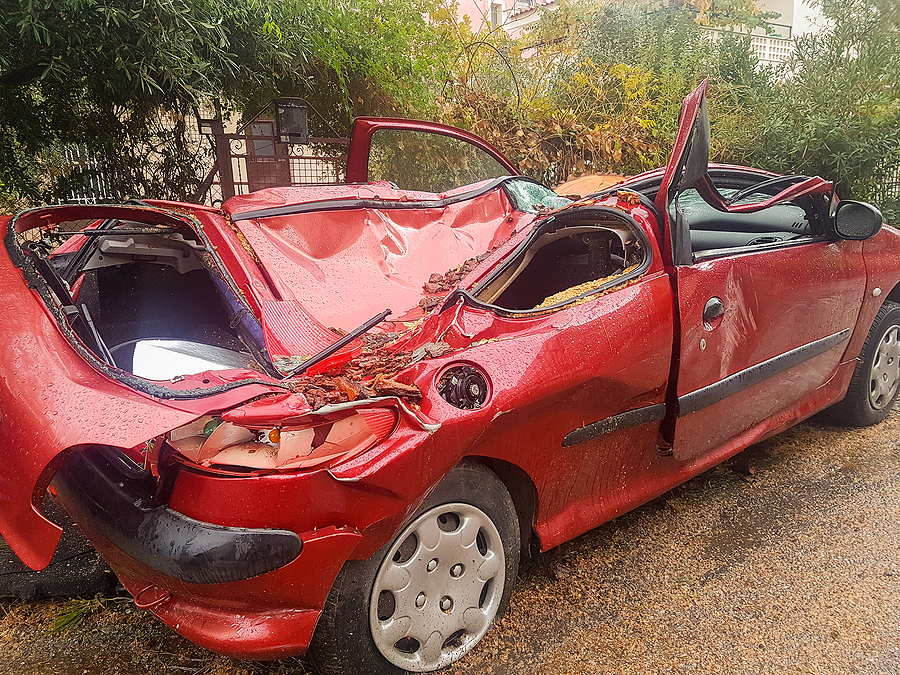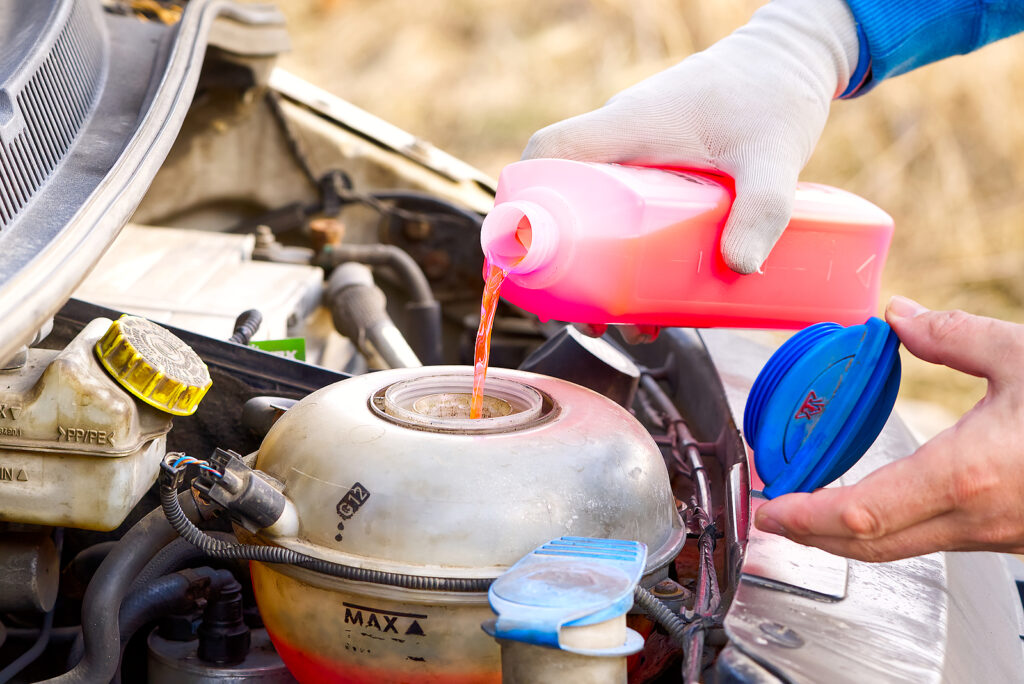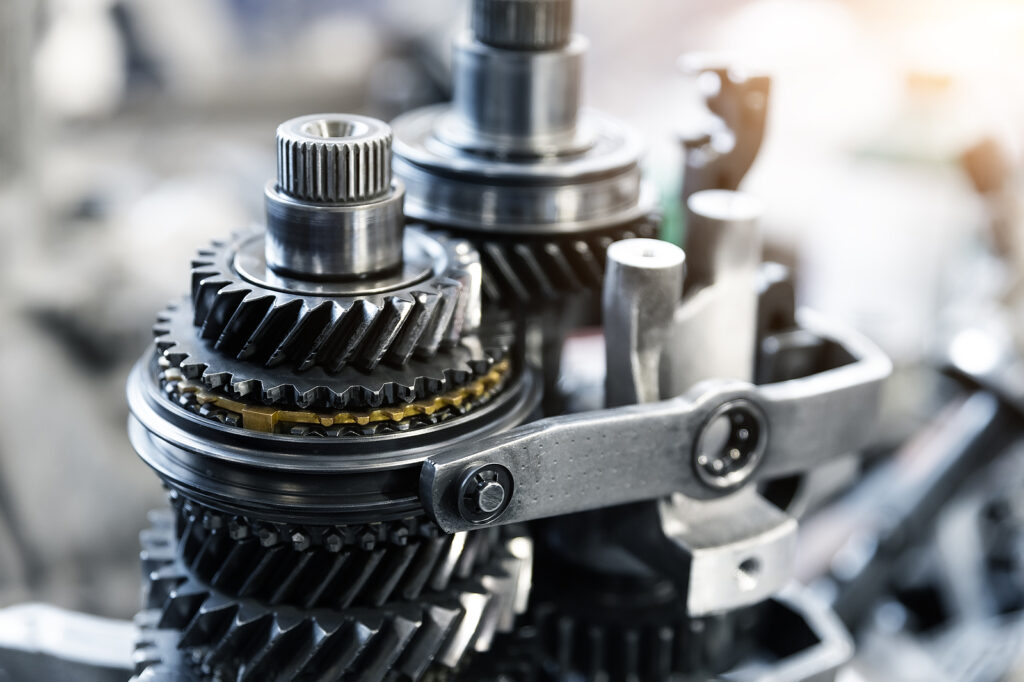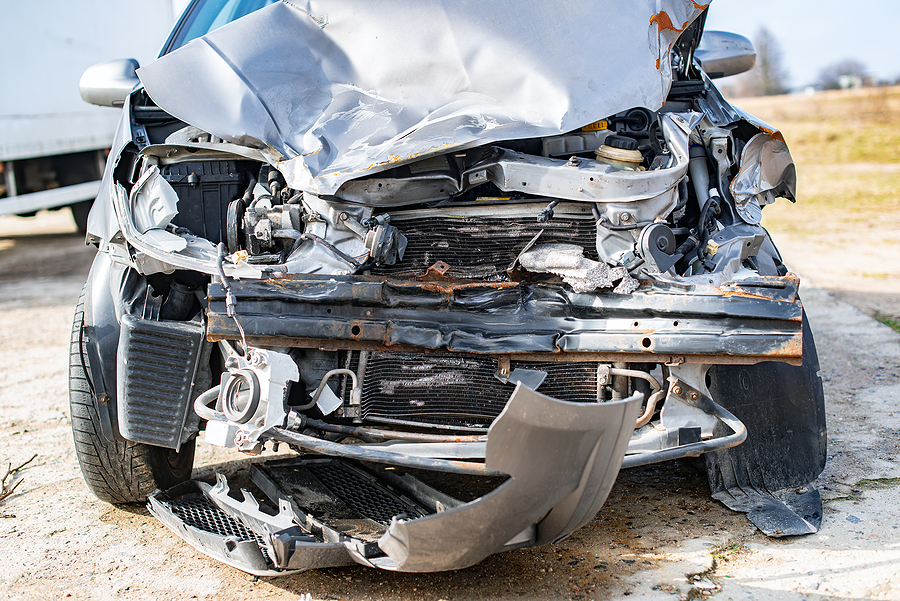For most, car accidents are emotionally-draining experiences. But with proper insurance coverage, they do not have to be financially-draining. Learn your options for keeping a totaled car, and how to do so without committing fraud with your insurance company.

When is a Vehicle Totaled?
A vehicle is considered “totaled” when the cost to repair it back to its previous condition is more than the current value of the vehicle. Insurance companies and car manufacturers have stringent procedures and requisites in place to determine these values. With a totaled vehicle on your hands, you may feel like you are at a total loss; however, if you have insurance, you should be just fine depending on the level of coverage your policy provides.
With full coverage insurance, you can expect to receive money from your insurance provider to repair the damages, or to settle the note with the lien holder and cover the cost of a new vehicle of equal current value. If you have liability coverage, you will mostly likely receive less from your insurance provider and have to pay more out of pocket.
Uninsured or Underinsured Drivers
If you do not have insurance, your best option is to junk the vehicle for cash and apply your profit toward a new car purchase. You can do this by contacting a trusted junk car buyer and requesting a free phone estimate. If you accept their offer, they will usually come pick up your vehicle at no extra charge! Only reputable and highly professional junk car buying companies offer this kind of service.
Insurance Claims and Totaled Cars
If your insurance company marks your car totaled, they will take your vehicle and give you a check for the current value. However, if you want to keep your totaled vehicle, you must inform your insurance company. In this case, you can expect to receive less money for the vehicle. If you were to accept money from the insurance company, and then keep your vehicle, you could be found guilty of insurance fraud depending on the specifics of your situation.
Some policies allow people to keep their totaled vehicle, while others include language that does not permit this at all. It is important to talk to your insurance provider and learn the details of what your policy covers and what it does not. Do this before an accident occurs so that you make better decisions regarding what you can do with a totaled car.
Did you total your car, but it is not covered by enough or any auto insurance? Contact GC’s Junk Cars at 317-608-2188 to sell your junk car for cash on the spot to one of our Indianapolis junk car buyers! We even offer free junk removal!
Related Posts:
General Qualities of a Total Loss Car
What To Do After a Total Loss Car Accident
Common Descriptions for Salvaged Car Titles




